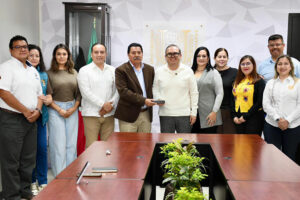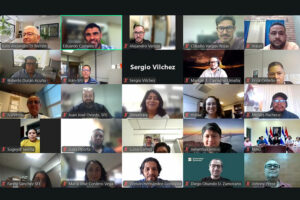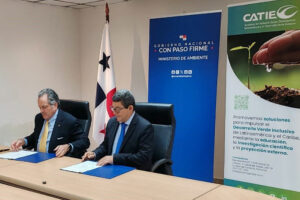The International Congress on Organic, Regenerative, and Ancestral Agriculture Concludes Successfully
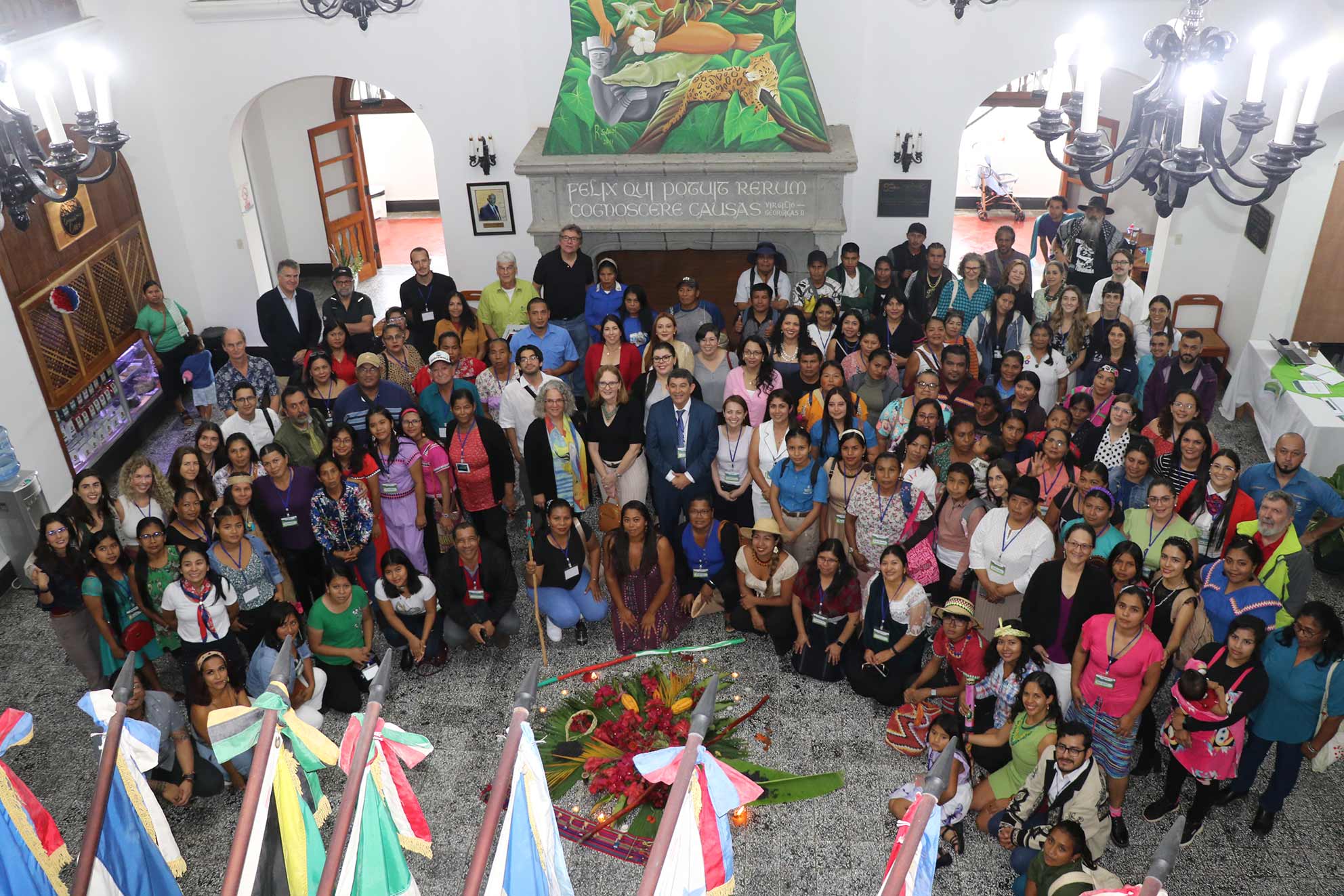
- The congress, organized by CATIE, brought together academia, producers, Indigenous peoples, and organizations from Central America to consolidate organic agriculture as a pathway toward sustainable and culturally rooted food systems.
With a call to accelerate the transition toward food systems that are fairer, healthier, and more respectful of the environment and people, CATIE (Tropical Agricultural Research and Higher Education Center) concluded the International Congress on Organic, Regenerative, and Ancestral Agriculture, held from September 3 to 5, 2025, on its campus in Turrialba, Costa Rica.
The gathering brought together leading figures from international academia—for example, from Germany—as well as producers, Indigenous communities, and organizations from across Central America, who exchanged knowledge, experiences, and practices to strengthen the sector’s sustainability and resilience.
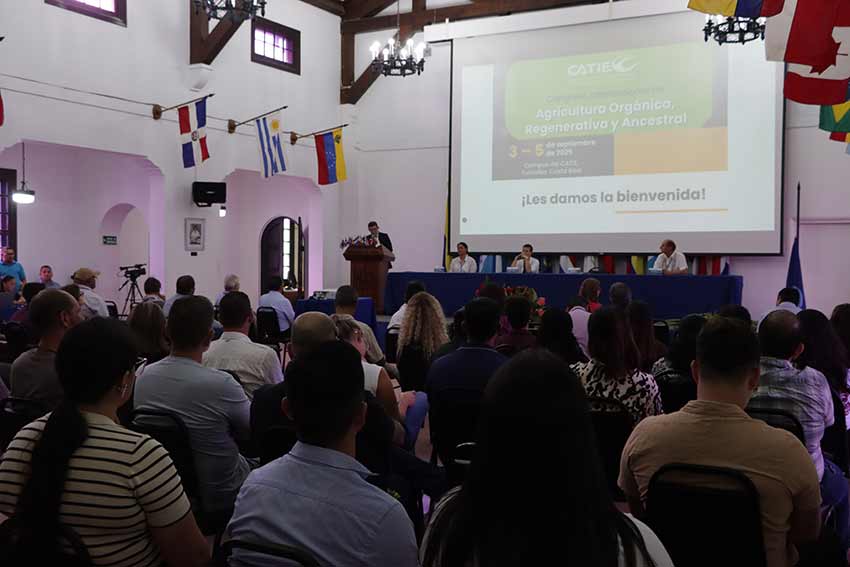
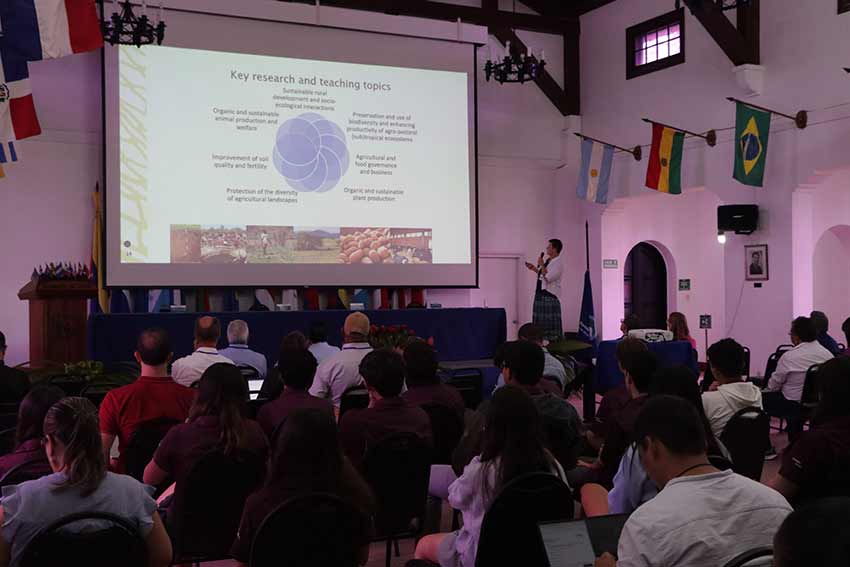
The agenda combined keynote lectures, shared experiences, field visits, and cultural activities. Among the most notable presentations on the first day were that of Dr. Maria Finckh, Dean of the Faculty of Organic Agriculture at the University of Kassel (Germany), with “Fifty Years of History in Organic Agriculture at the University of Kassel”Dr. Luis Pocasangre, Director General of CATIE, with “Lessons Learned in Organic Agriculture in Latin America and the Caribbean: Opportunities and Challenges”; and M.Sc. Harold Gamboa, International Specialist of IICA’s Innovation and Bioeconomy Program, with “Bioinputs: Innovation for a Resilient Agriculture.”
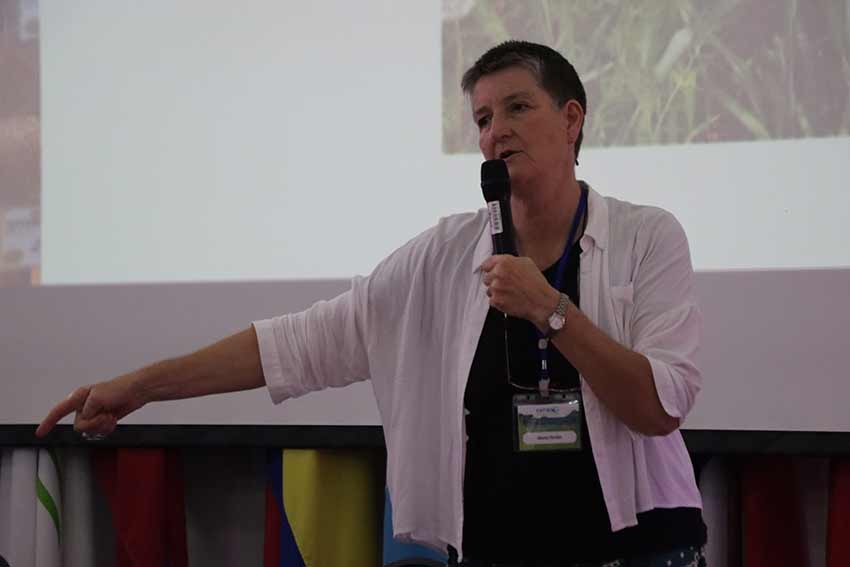
Likewise, on the second day of the congress we had the participation of Dr. Reinhold Muschler, Head of CATIE’s Agrobiodiversity and Food Security Unit, with “Experiences in Organic Agriculture at CATIE and the Importance of Diversification in Agrifood Systems”; and Engineer María José Figueres, Manager of Blanco y Negro, with “Experience at the Blanco y Negro Company in Organic Production and Food Systems.”
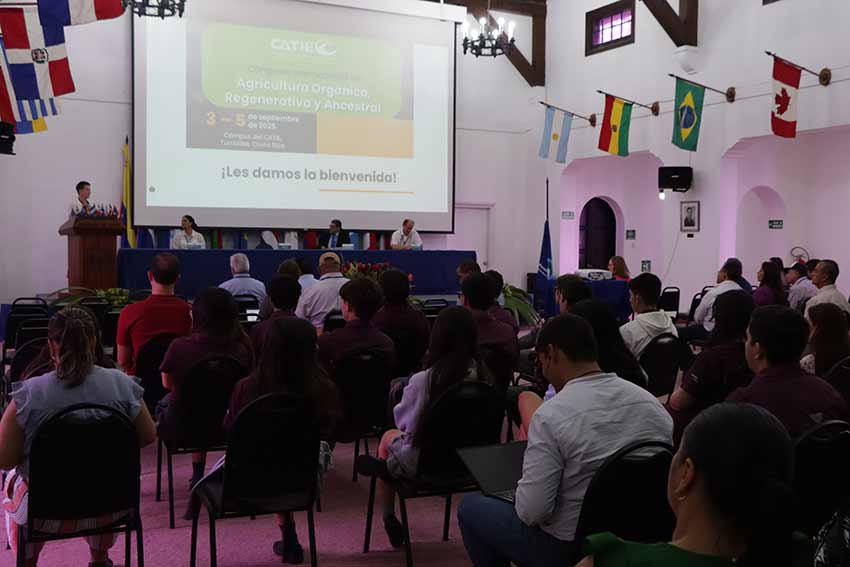
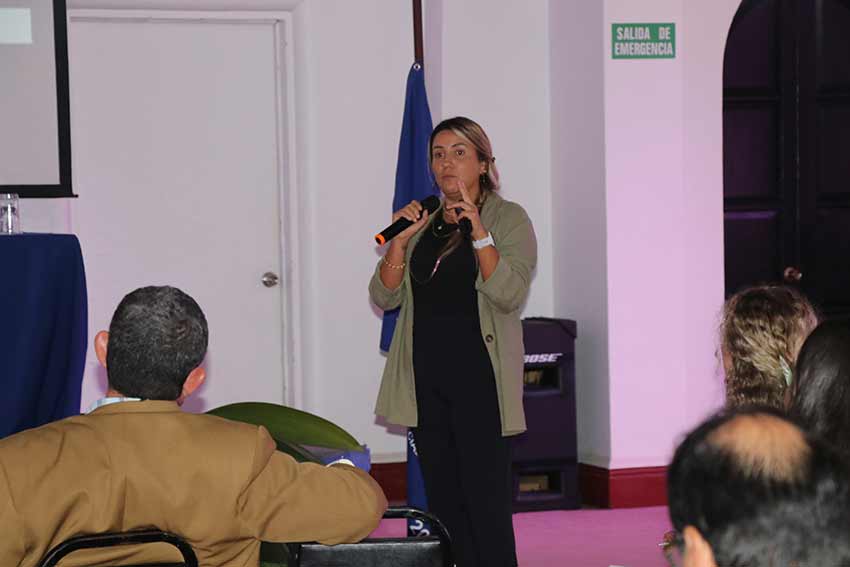
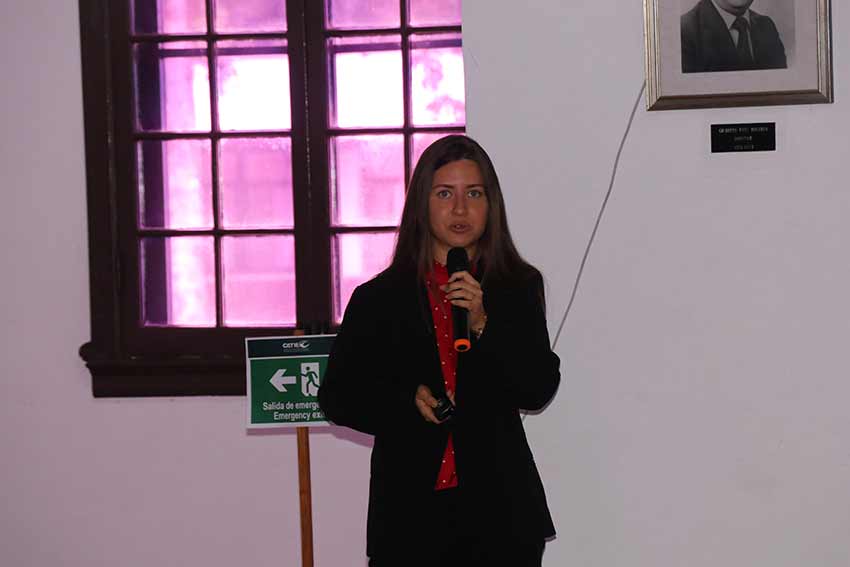
One of the most significant moments was the September 5 session dedicated to the International Day of Indigenous Women, with delegations from different Indigenous peoples of Costa Rica and Latin America. The activity included a fair of agricultural and artisanal products, cultural performances—dances from different Indigenous peoples—as well as a runway show of Nagua Ngäbe designs and dialogue spaces led by the National Alliance of Indigenous Women.

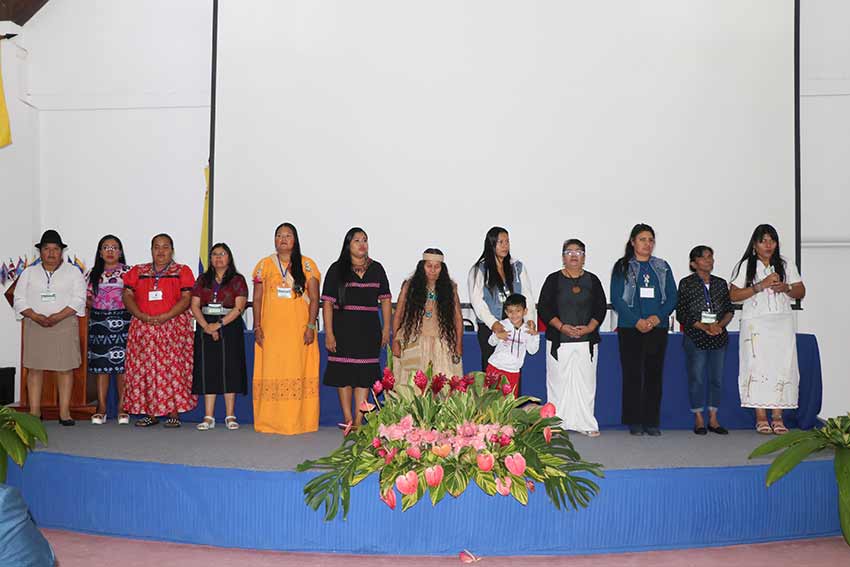
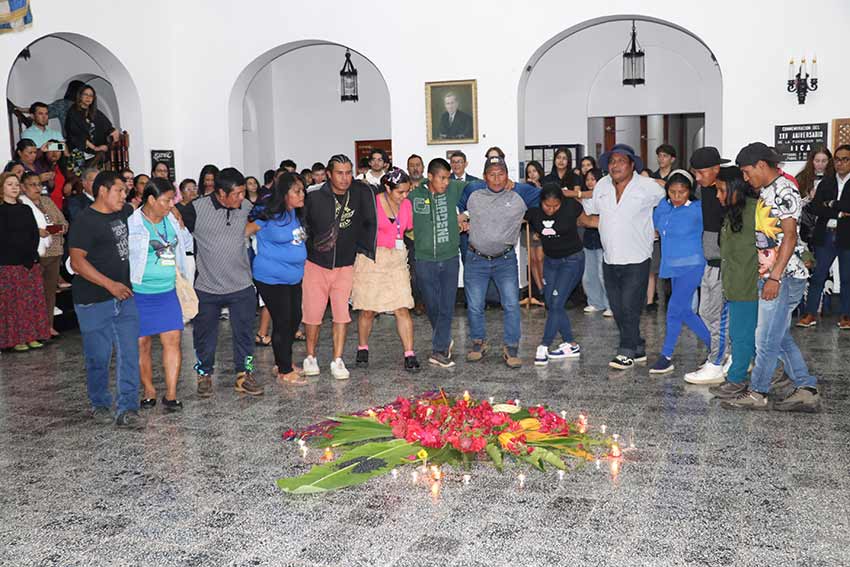
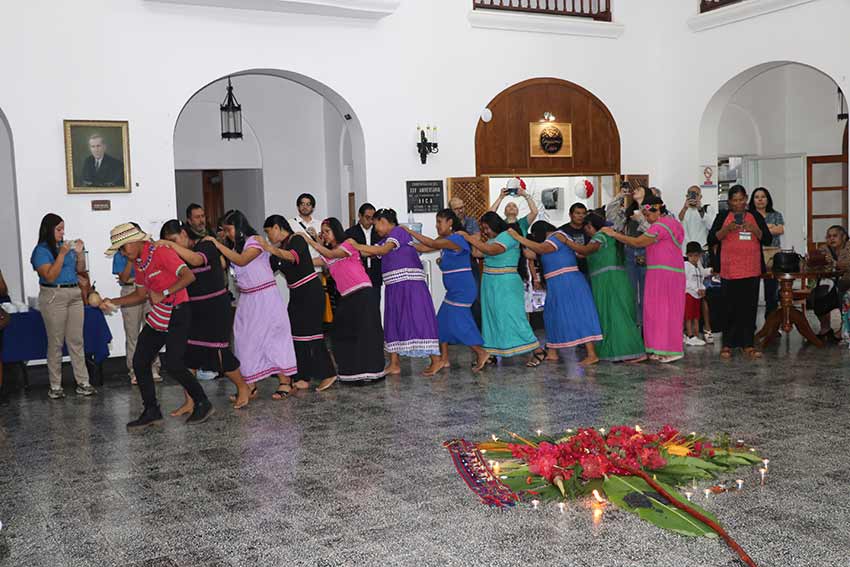
“We thank CATIE for opening this space. The Alliance has been strengthened, and more women are joining today. This is a place for our voices, our true realities, and our stories to be heard. We want to build consensus, weave alliances, and sustain a dialogue that listens to us from our own feeling: what it means to be an Indigenous woman in this country,” said Ileana Obando, representative of the National Alliance of Indigenous Women.
During the congress, Dr. Pocasangre stated: “It was an honor for our institution to participate in and organize this highly significant congress. I would like to make special mention of Professor Dr. Maria Finckh, as well as welcome the delegations from the ministries of Guatemala and Panama, whose presence greatly pleased us.
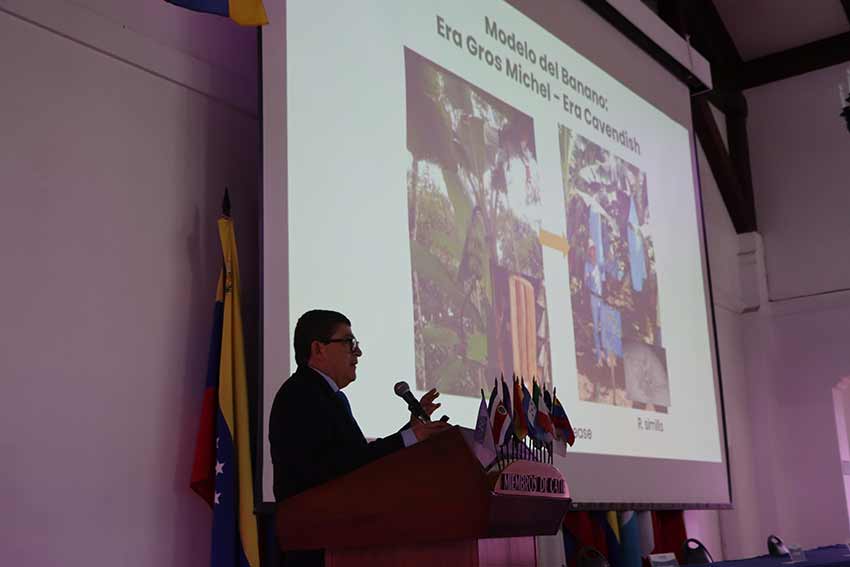
“A very special recognition to Indigenous peoples for the valuable contribution they have historically made to agriculture; and to the participating high-school students, who had the opportunity to benefit from knowledge arriving from Africa, Asia, and Latin America. I am sure they will be great citizens, as they are educated in a space that cultivates these values,” emphasized Dr. Pocasangre.
He also noted that CATIE is committed to organic agriculture and to the trilogy of sustainability: environmental, economic, and social. “The foundation of family farming is deeply rooted in organic agriculture,” he concluded.
For her part, Mariela Leandro, Director of CATIE’s Center for Alternative and Regenerative Tropical Agriculture (CATAR), highlighted: “This was a space that brought together people committed to transforming food systems, to soil health, and to the dignity of rural communities. At CATIE we are proud to have opened this space for dialogue. Organic, regenerative, and ancestral agriculture are not merely production methods; they are pathways of hope that allow us to regenerate soils, protect biodiversity, ensure healthy food, and recover the ancestral wisdom of our Indigenous peoples.”
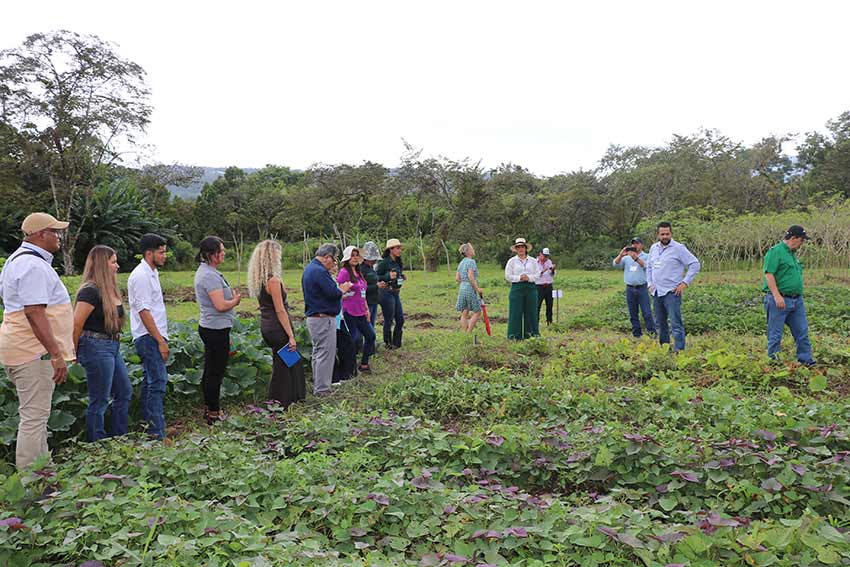
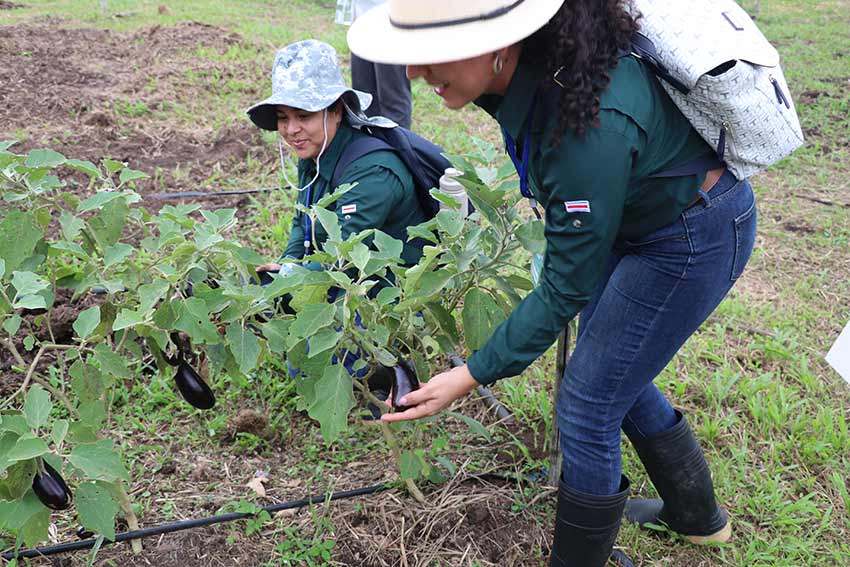
The congress concluded with key agreements such as:
- Organic, regenerative, and ancestral agriculture was consolidated as an essential path to address the climate crisis and ensure food security.
- Collaboration networks among academia, governments, Indigenous peoples, and producers were strengthened, with commitments to continue research, innovation, and training.
- The shared experiences reaffirmed that traditional knowledge and modern science can complement each other to advance toward more sustainable and culturally relevant food systems.
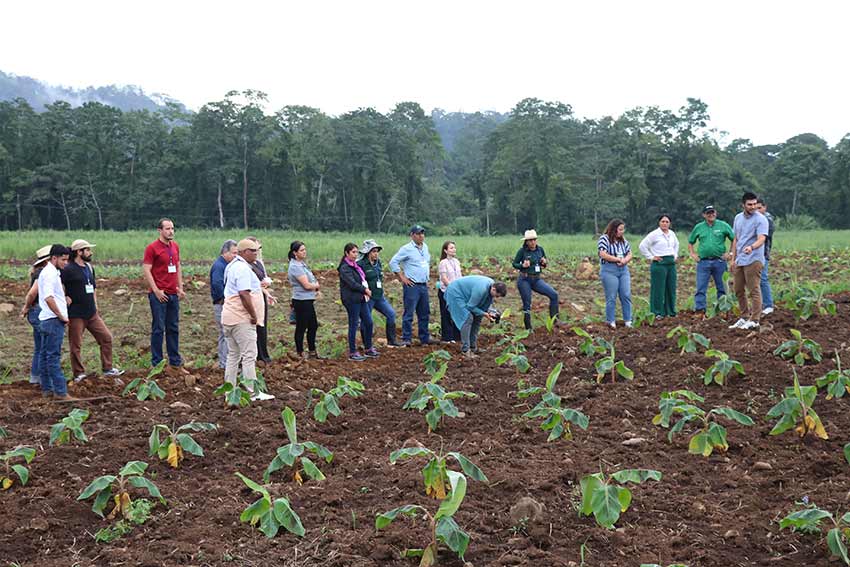
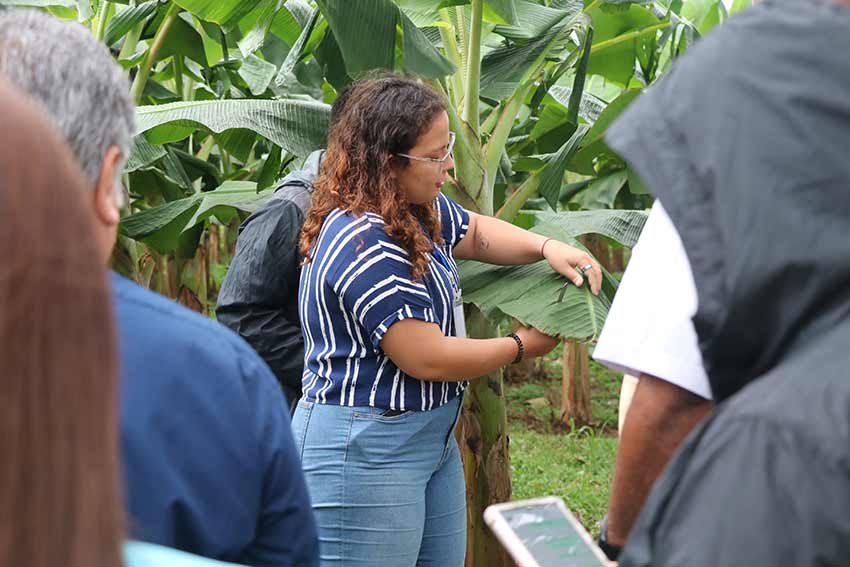
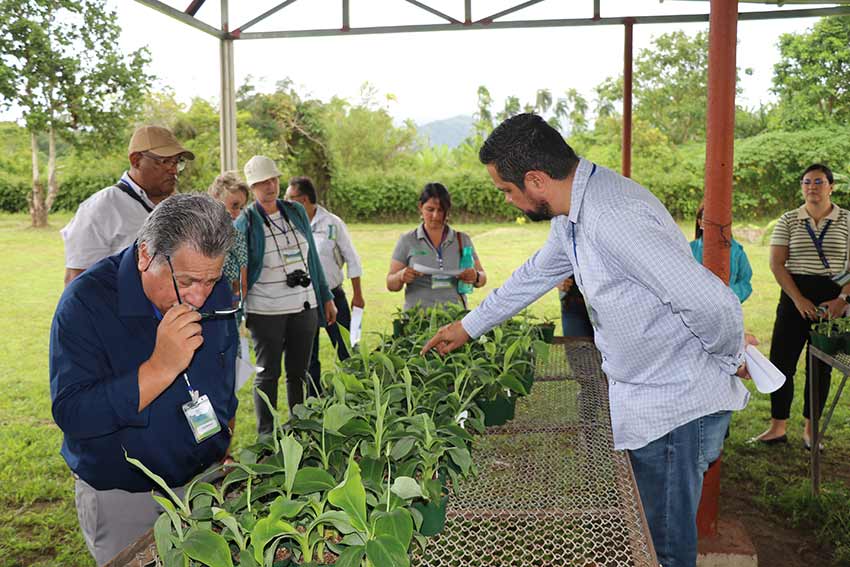
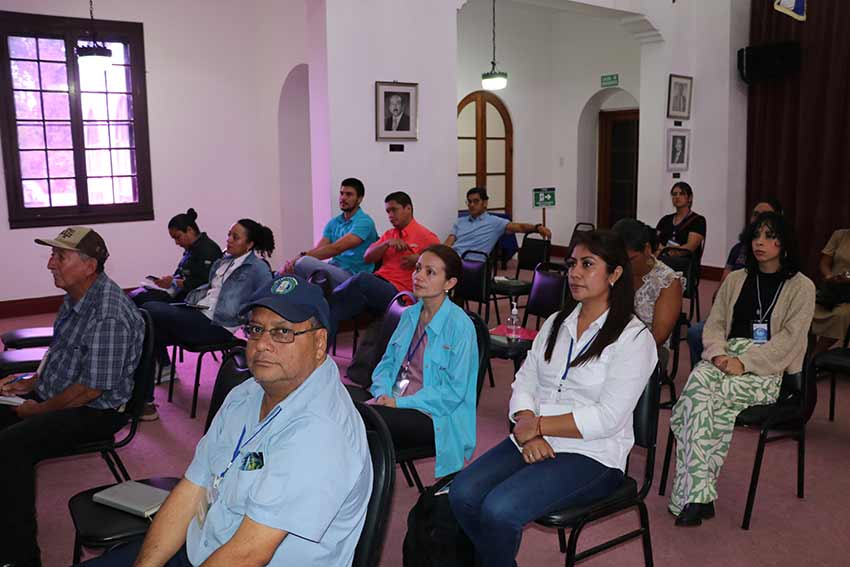
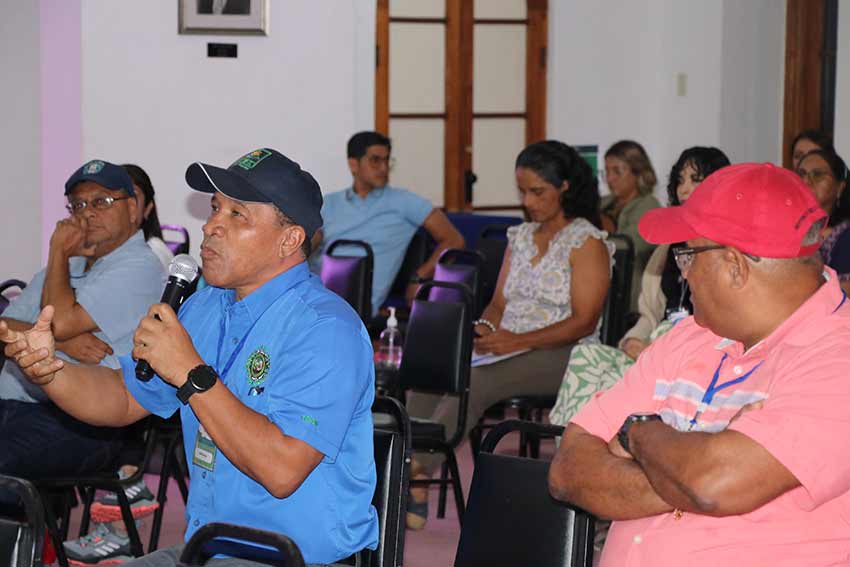
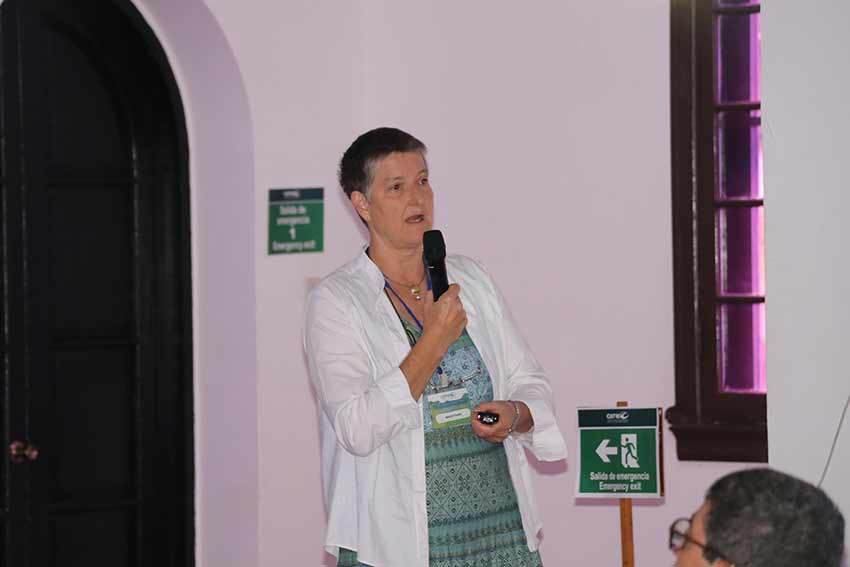
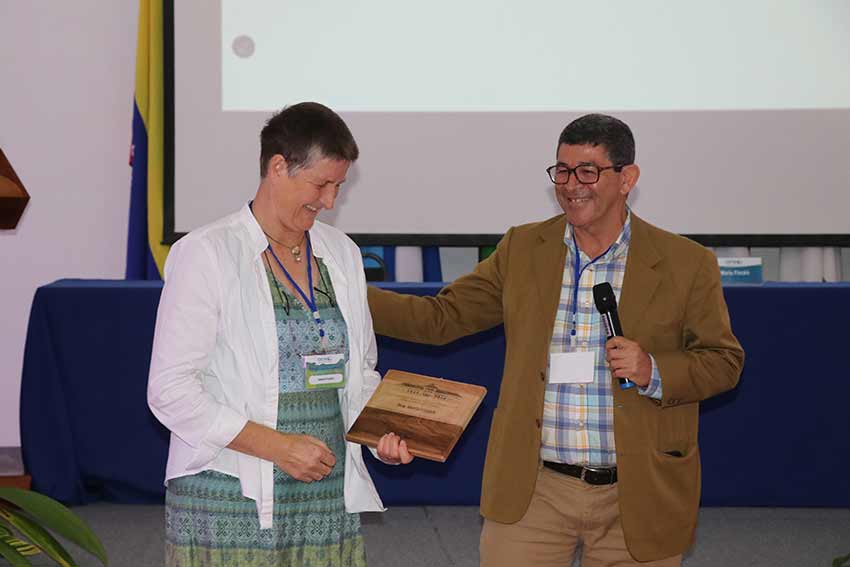
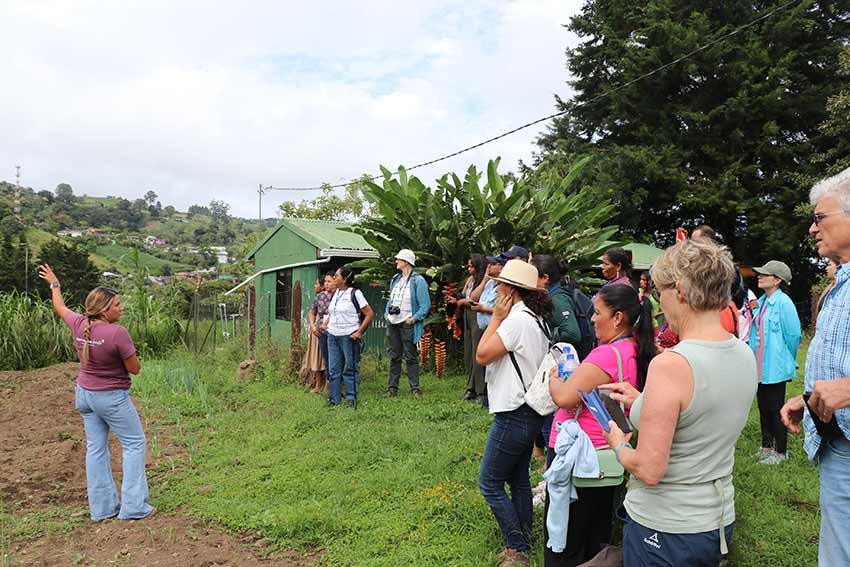
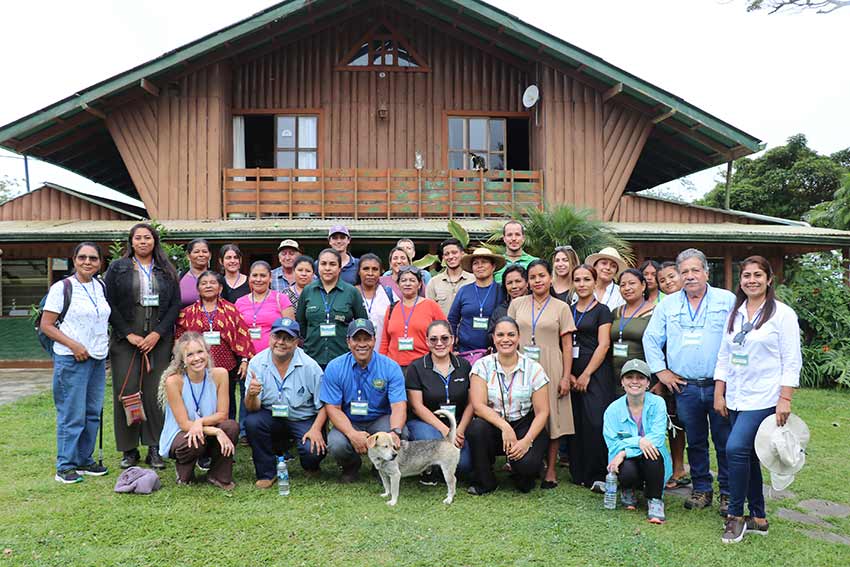
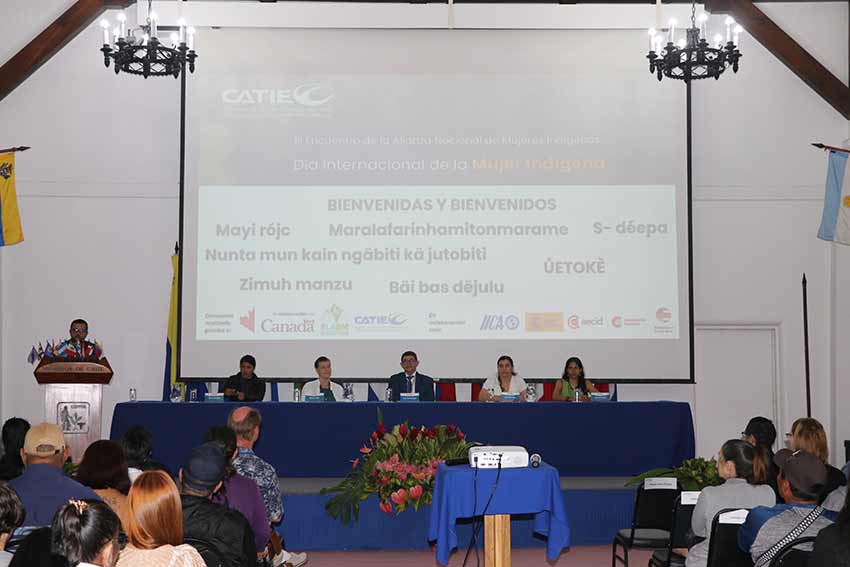
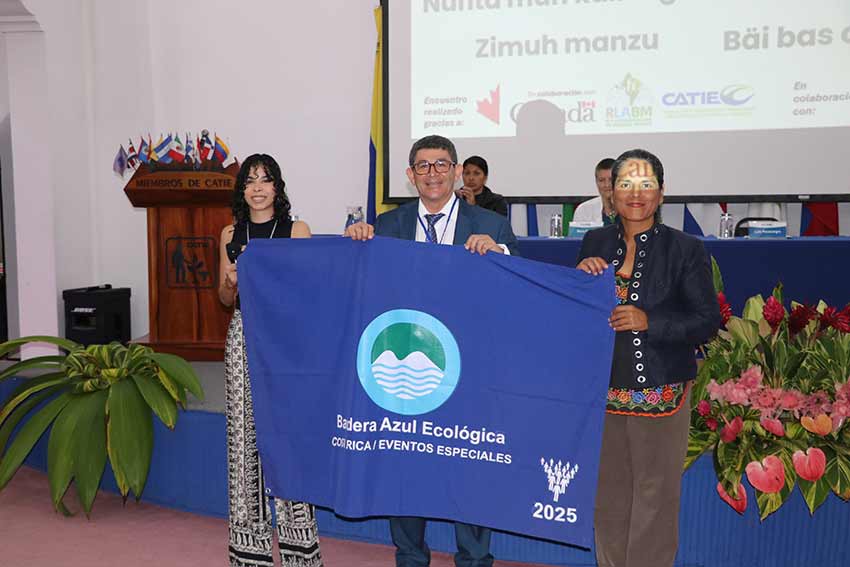
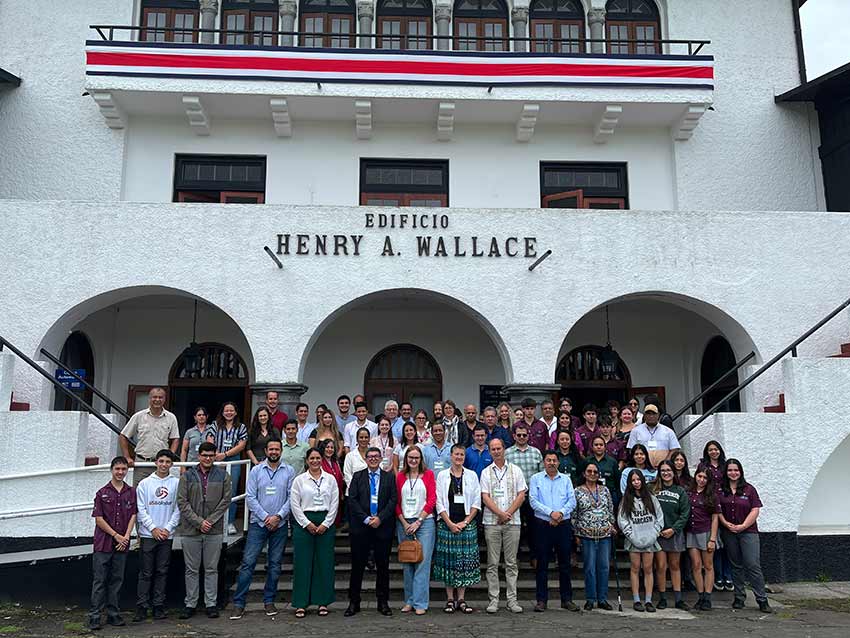
More information:
Mariela Leandro
Director
Center for Alternative and Regenerative Tropical Agriculture (CATAR)
CATIE
mleandro@catie.ac.cr
Written by:
Karla Salazar Leiva
Communicator
Communications and Marketing Office
CATIE
karla.salazar@catie.ac.cr

